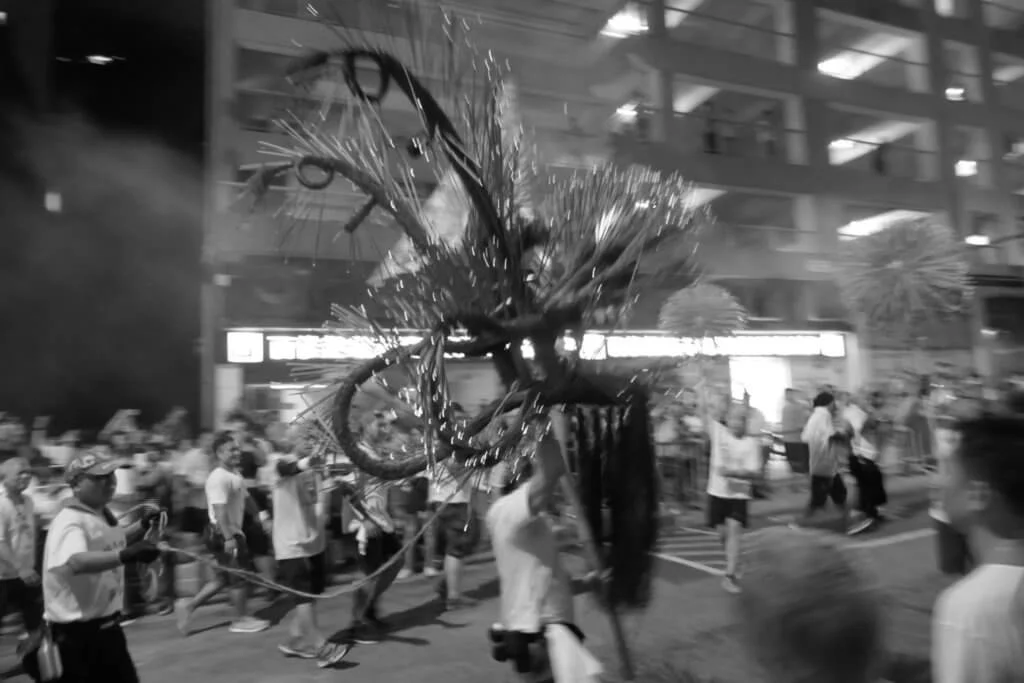The news that the 141st Tai Hang Fire Dragon procession had been cancelled did not surprise me. Risk-aversion, rather than thinking outside the box, is the default setting during these Covid-19 days! The significance of this cancellation really sank in when a Hong Kong friend questioned that if the fire dragon was not held this year, then the ritual is just for show, it has no real meaning. If ever there was a year when we needed our streets ritually cleansed and an auspicious karma bestowed on our communities it is this year. Many of Hong Kong’s traditional rituals, including the Cheung Chau Bun Festival and district Yulan (Hungry Ghost) festivals, including the great Chiu Chow opera and the Buddhist and Taoist ceremonies held under the dramatic setting of the Hill Road flyover in Shek Tong Tsui, have been cancelled.
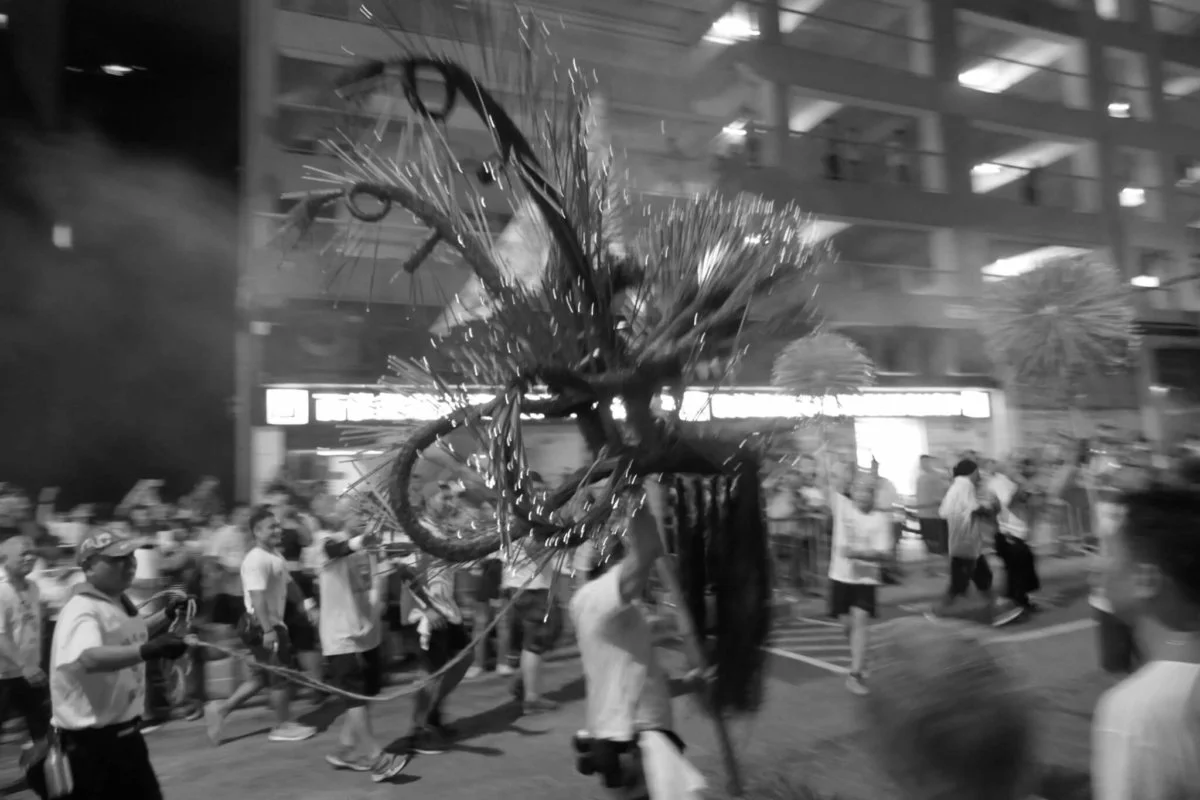
I don’t get it: we need the fire dragon this year! In the past the dragon helped (some might prefer ‘helped’) extinguish plague and pestilence. Surely, Covid-19 would receive similar treatment if the fire dragon, the rituals, smoke, and fire were let loose on Tai Hang’s streets again this year! Held annually, this tradition is a type of insurance, and reassurance, to keep the neighbourhood safe and healthy. I have been living in Hong Kong long enough to have internalized the city’s respect for forces that do not necessarily have rational explanations. I don’t tempt fate, and I keep tatty well-used objects to ensure my luck is not changed. I pace my year in time with the city’s festivals and I consider Chinese New Year more important than Christmas, and the Winter Solstice an important marker that ushers in the ‘lesser’ festival of Christmas!
Could we celebrate these festivals differently, but safely this year: let us adopt the protocols of European football matches, professional golf tournaments and the recent US Tennis Open by only letting the players attend (in our case, the opera singers, fire dragon participants, musicians, priests and officials) and exclude the general public. At least our neighbourhoods would get some ritual protection. Or, are we saying these rituals are useless, just superstition? Personally, I don’t wish to tempt fate; I want the extra protection of those rituals!
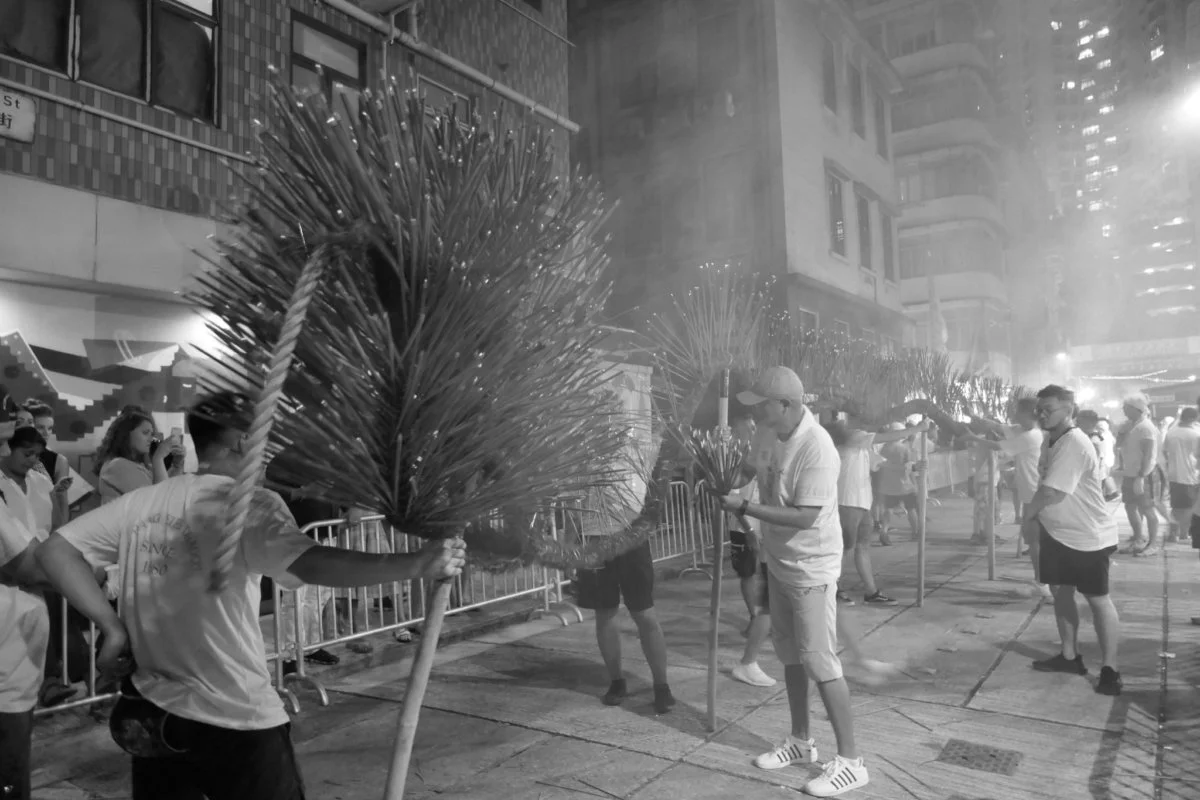
But tempting fate can just happen. I was sitting on a (tatty, well-used, kept for good luck (!), but rickety) Ikea chair last week. Then, it collapsed suddenly; so suddenly that I had no time to break the fall. My head took the impact; strangely, the very top of my head. This was serendipity: invariably a bone fracture occurs when we try to impede the natural trajectory of a fall – but, the pace of the incident, or luck, stopped any further injury. I felt some blood, went downstairs, showered, washed the wound, disinfected it with alcohol (using my Covid-19 stockpile), took a couple of Panadol, went to bed. I awoke the next day well-rested and with no discernable pain. Later, I had lunch with a friend, who, shocked by the wound on my head, insisted that I visit my doctor for a check-up. It was one of those Hong Kong moments when I am too casual about my health. I reconsidered, and my friend kindly accompanied me to my doctor in Sheung Wan, who checked the injury and wrote a referral to Queen Mary Hospital A&E.
I jumped on the bus. Soon after arrival, the triage nurse saw me, the doctor saw me: both incredibly efficient and caring. The doctor noted that I had no signs of concussion, and as I was outside the twelve-hour critical period with no adverse symptoms, no X-ray was suggested. The wound was then properly dressed and a booster tetanus injection given. It all took time, but I have total trust in Queen Mary’s doctors, nurses, and their medical procedures. The best part of this emergency treatment is the referral to the public clinic for follow-up wound care.
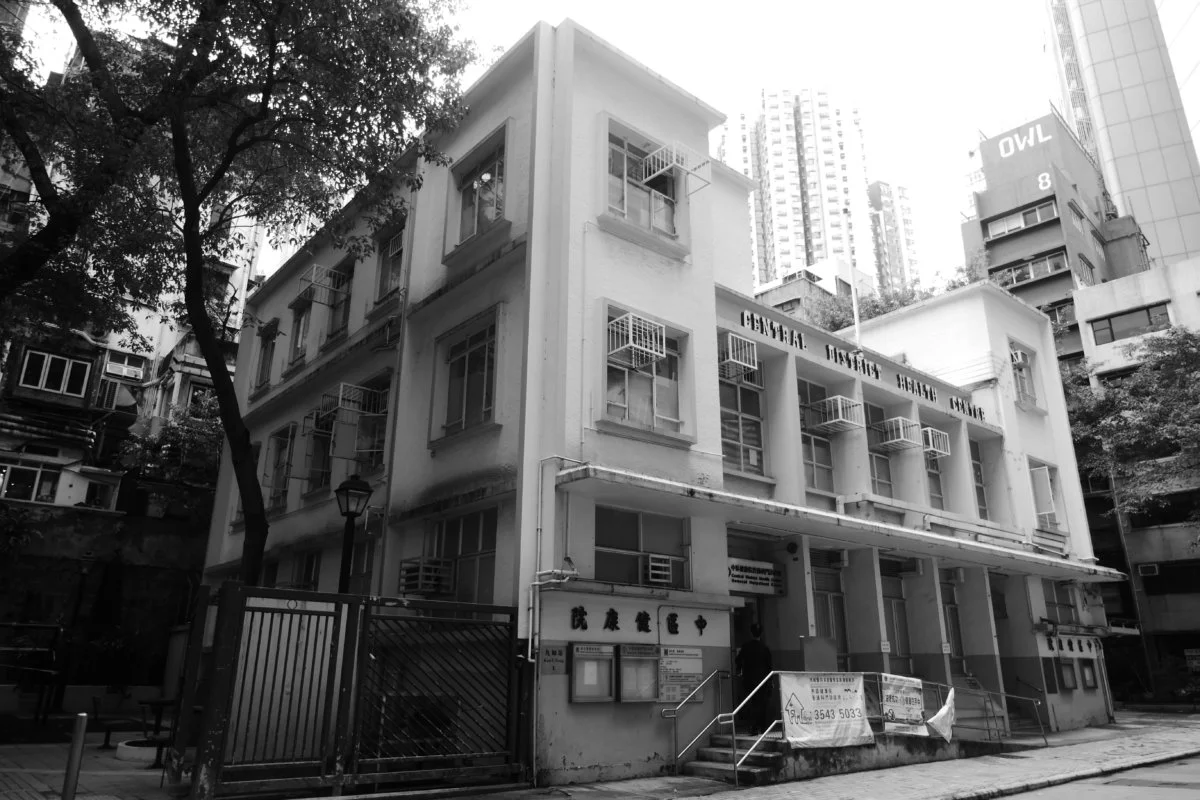
A day later, I attended the CDGOPC, the Hospital Authority uses acronyms for everything, inherited from the British National Health system on which Hong Kong’s excellent health service is modelled. The Central District General Outpatient Clinic (CDGOPC) is housed in a lovely modest building of exemplary modernist design. It is one of the many government facilities (schools, public housing, hospitals, clinics) built to cope with Hong Kong’s population increases of the 1950s and 1960s. After that burst of medical expansion, our health infrastructure had too many years of scant investment. Only recently are we now investing in new hospitals, day-procedure health centres and additional health clinics. Public health care is expensive to fund, but more cost-effective than private health care schemes. As Hong Kong’s population grows older, funding public health will inevitably increase, and undoubtably will require additional taxation. As deaths from Covid-19 in Hong Kong’s elderly homes have shown, the elderly are our most vulnerable members of the community and need better, much better, residential facilities. The elderly should be an immediate health policy priority for the government.
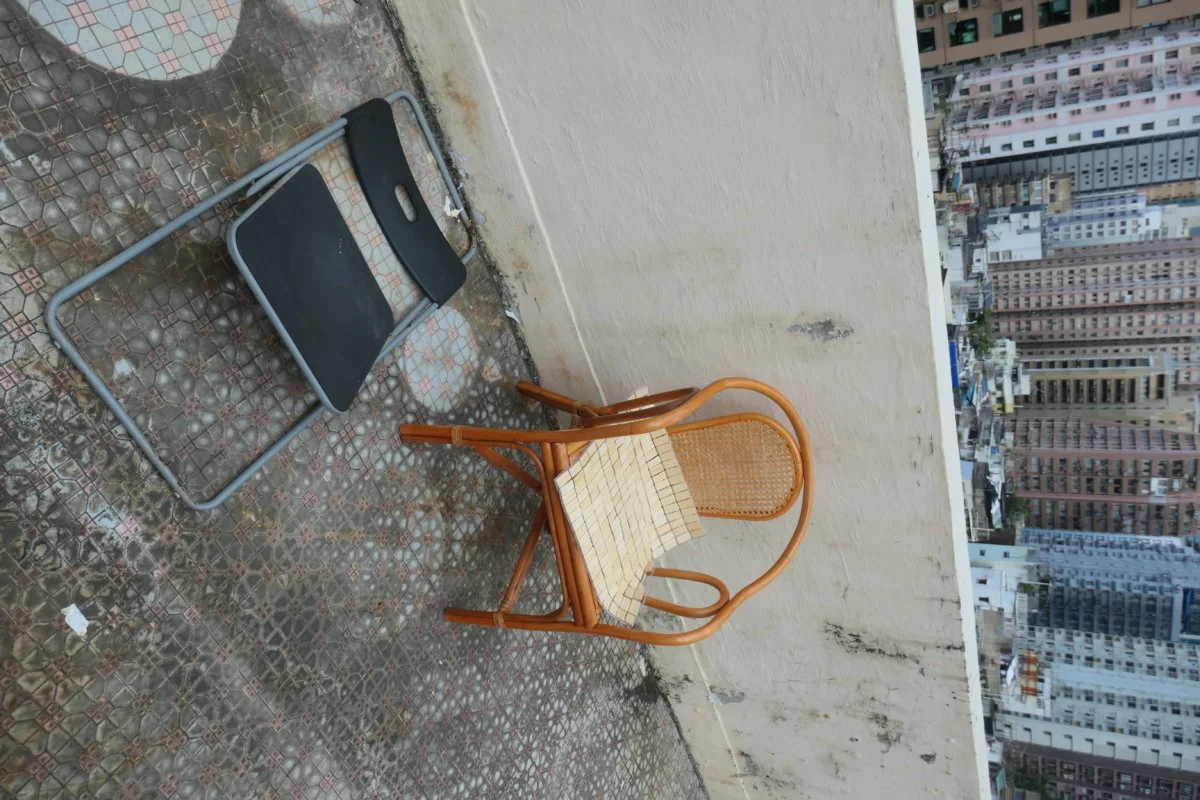
Last weekend, I replaced that offending Ikea chair with a solid bamboo chair and grabbed a taxi to transport it home. I had a lovely chat with the taxi-driver. Mr Fan is 77-years of age and continues to drive because he enjoys working, rather than being bored staying home. We talked about Covid-19 and how his daily routine had changed: he no longer meets his taxi-driver mates for lunch and is apprehensive to eat outside.
I spotted a certificate hooked around the front-seat for passengers to see; issued after a recent Covid-19 test. It was one of those sensible Hong Kong reassurances, but, of course, the certificate is only valid on the day it was issued. As a reassurance it mirrored the reassuring services offered in our public hospitals and clinics.
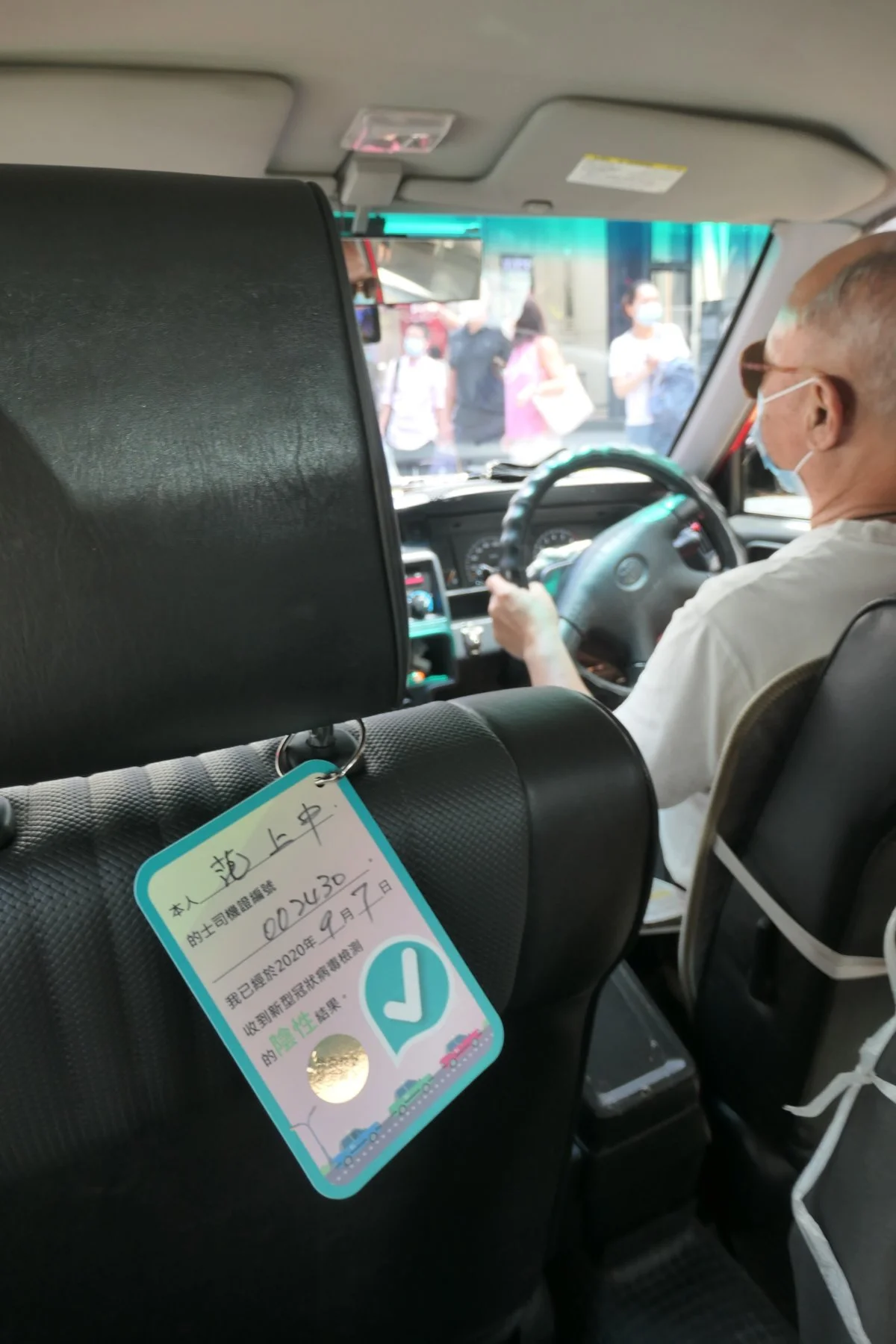
⚡ 文章目錄
